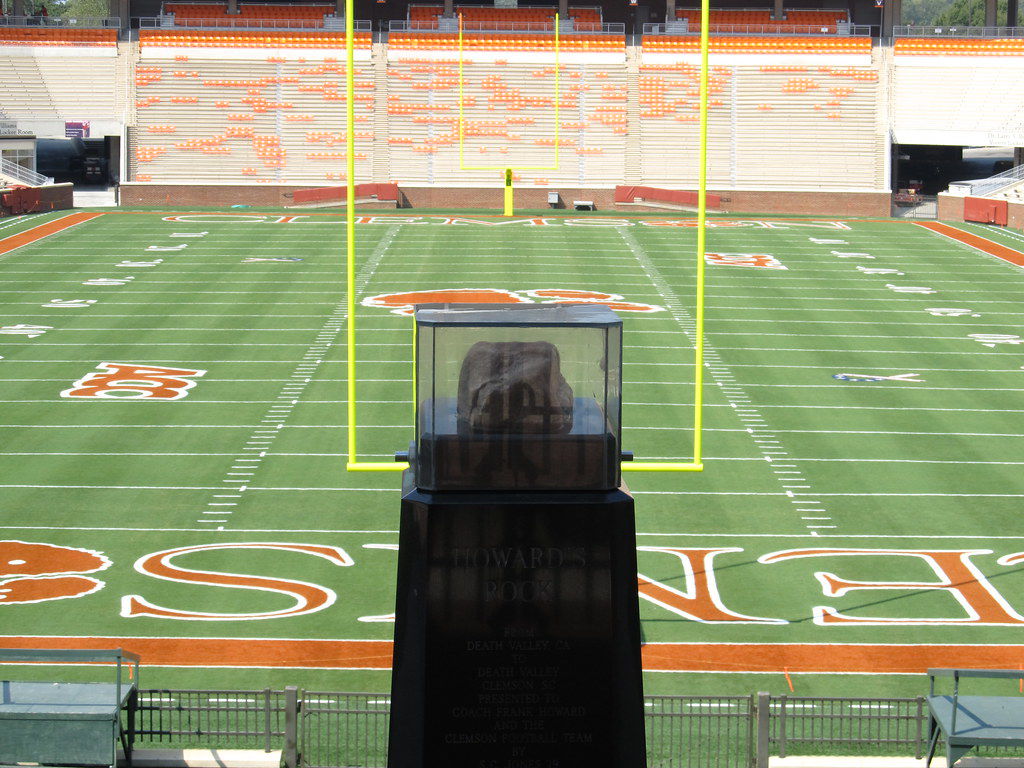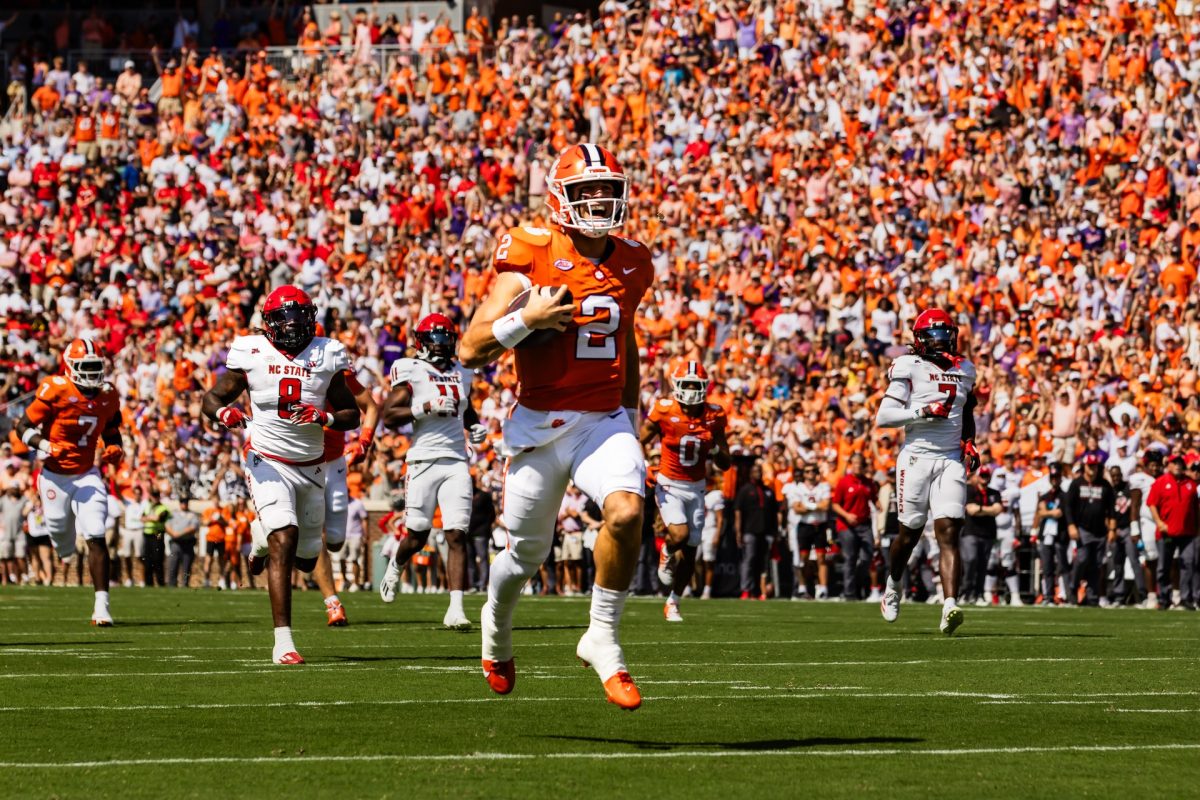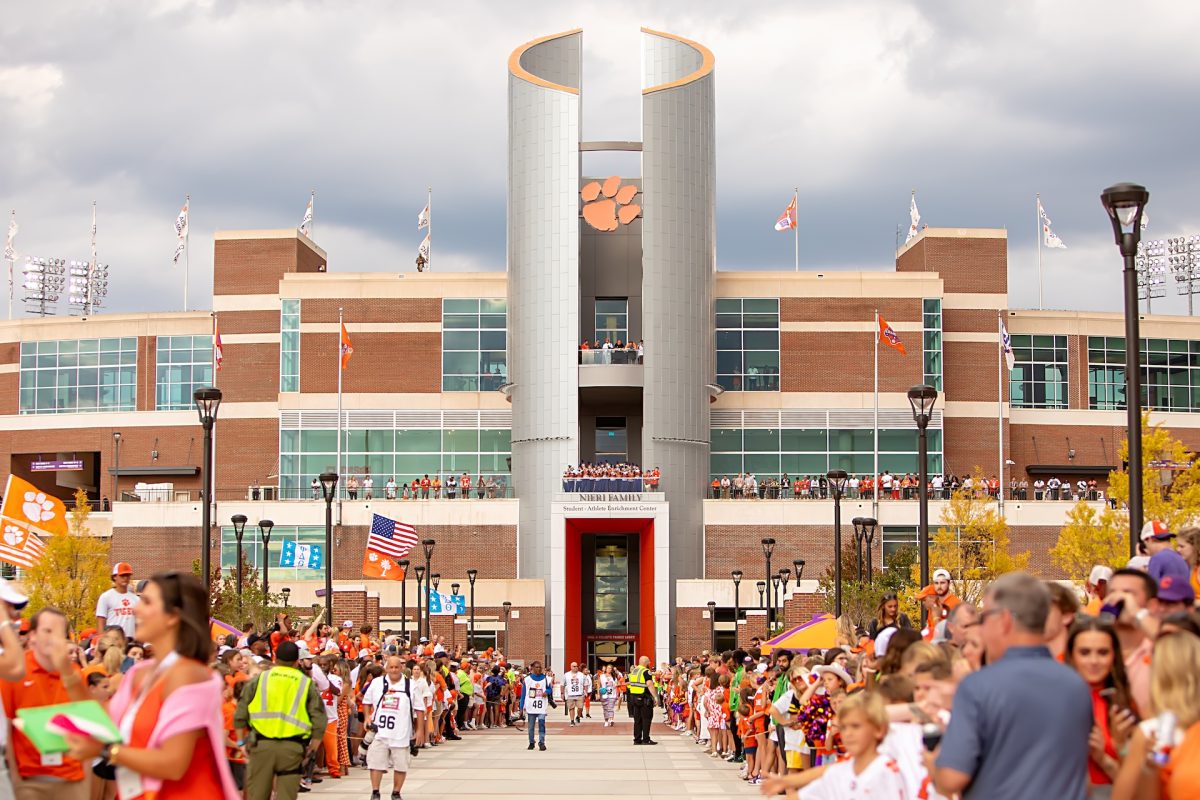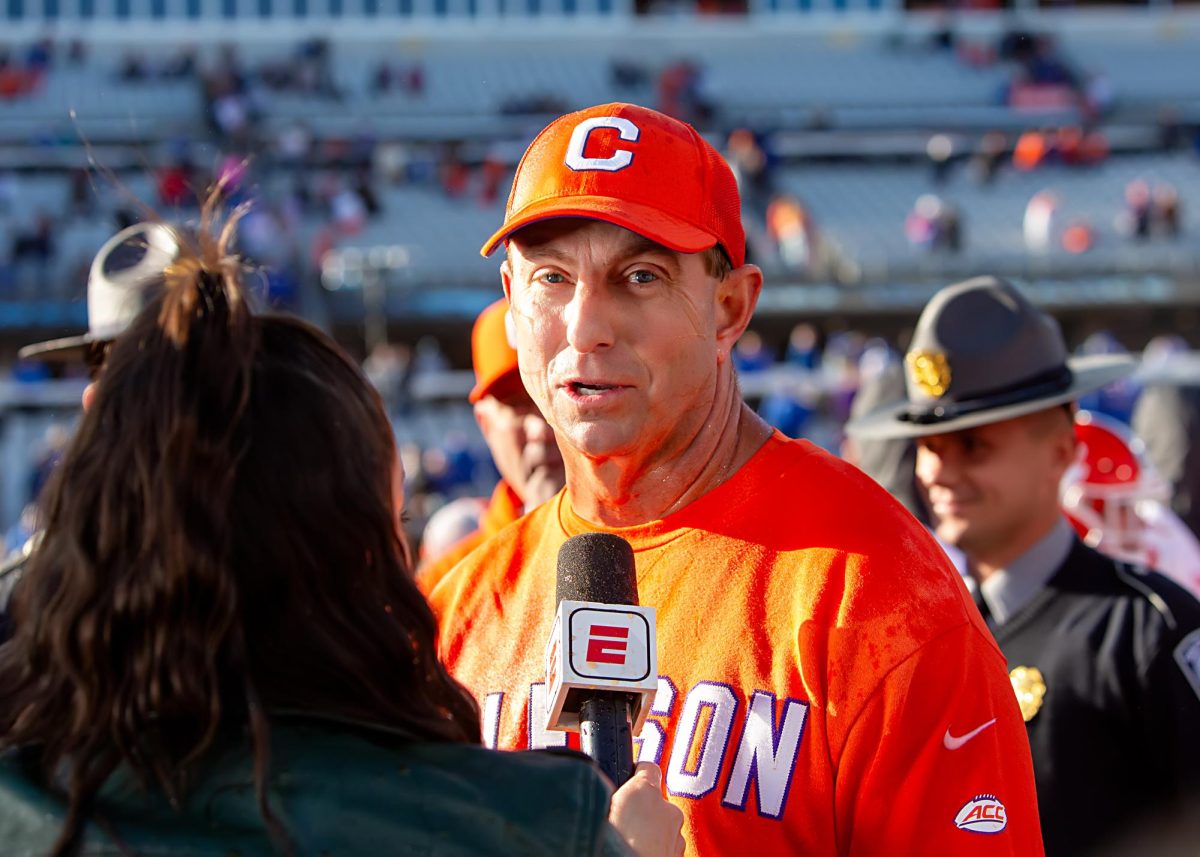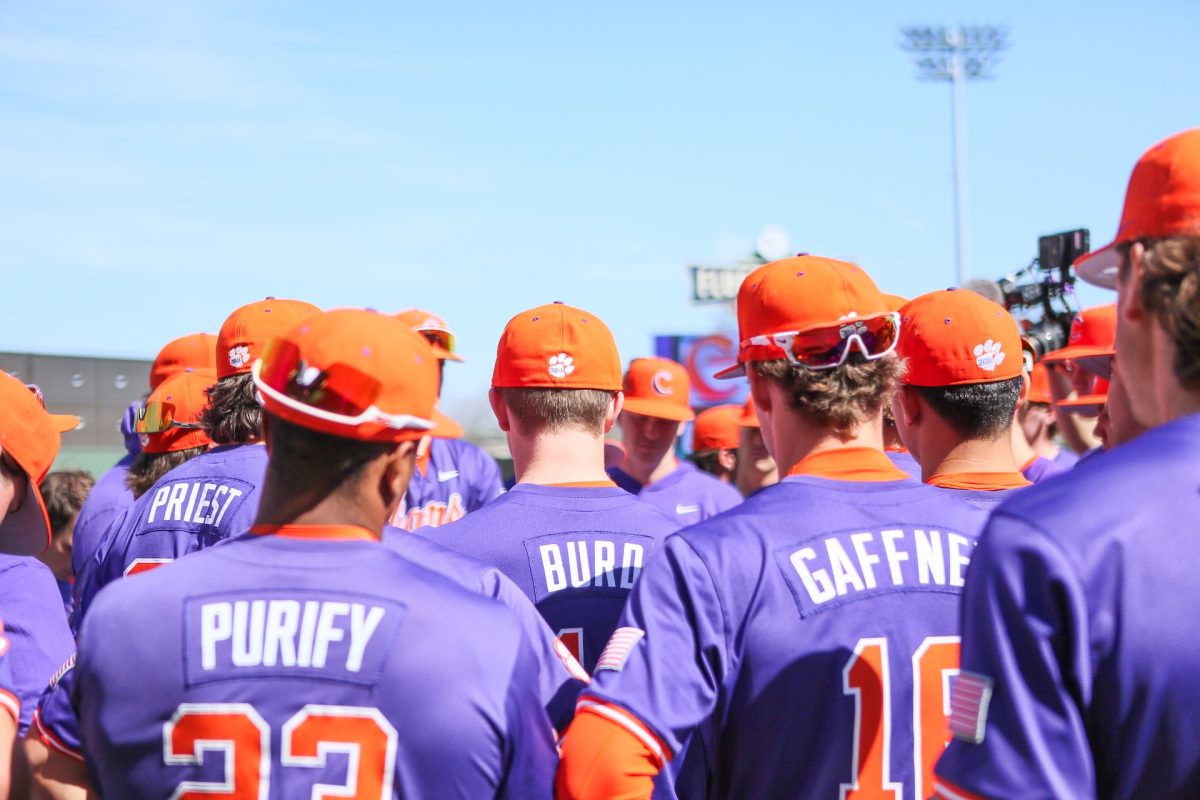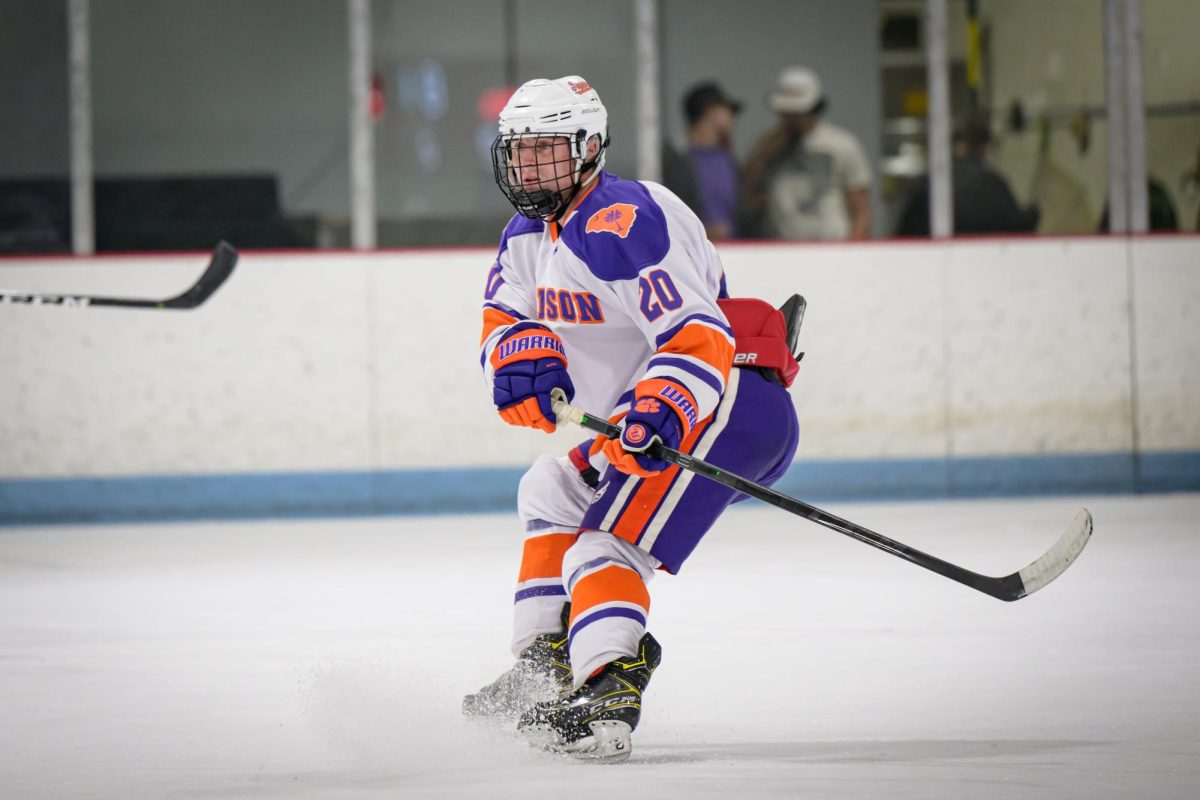For years, the NCAA has faced criticism for their policies surrounding the ability of student athletes to profit off their likeness. Before we begin, it’s important to note the distinction between allowing an athlete to profit off their likeness versus schools paying their student-athletes. Not allowing an athlete to profit off their likeness means that transcendent players, like Tim Tebow, never saw a penny from thousands of No. 15 Florida jerseys that were sold during his time in college.
One of the most famous instances of the NCAA enforcing this policy was with the popular NCAA Football video game. The game, which sold over one million copies in 2014, used the likeness of players across the country without compensating them. After a lawsuit determined that players should receive compensation for the use of their likeness in the game, the NCAA opted to cancel the beloved series.
While these big-money situations have been a priority for the NCAA, they were diligent in ensuring that nothing slipped through the cracks. Just last year, Donald De La Haye, a kicker for University of Central Florida’s football team, was threatened to be deemed ineligible if he did not stop monetizing videos on his popular YouTube channel. Despite not airing any athletics-related content, the NCAA still called for the channel to be shut down. Even Johnny Manziel, one of the most famous college athletes of all time, faced a suspension for being accused of accepting payment for autographs. While Manziel was never found guilty, he was suspended for a half during his incredible 2013 season.
Incidents like these have caused the NCAA to draw criticism from a wide variety of sources. North Carolina Representative Mark Walker said, per The News&Observer, “The current student-athlete model prohibits college athletes from having financial rights to use their name, while allowing an unrestrained, tax-exempt organization to monetize their images to fill stadiums, sell memorabilia and sign multibillion dollar contracts.” On a similar note, the NCAA received heavy criticism in 2014 when Shabazz Napier, a former University of Connecticut basketball player that led the team to a National Championship, told the media that he often didn’t have money to eat.
It wasn’t until recently that this criticism morphed into a formalized attack against the NCAA. Earlier this year, Senator Nancy Skinner from California proposed the Fair Pay to Play Act that allows college athletes to profit off their name, image and likeness. The act got support from athletes and politicians across the country, perhaps most famously when LeBron James signed the Act on the HBO show “The Shop”. The Governor of California, Gavin Newson, signed the bill in September. While it would not go into effect until 2023, the bill forced the NCAA to contemplate making a change.
In lieu of these criticisms, the NCAA has finally decided to change their stance. Earlier today, the NCAA voted unanimously to allow athletes to profit off their name, image and likeness. The NCAA plans to implement the change by January of 2021.
Chairman of the Board Michel V. Drakes said, per ESPN, “We must embrace change to provide the best possible experience for college athletes.” For an organization that has been adamant in standing behind their old policy, the vote represented a massive shift in the organization.
While the decision to allow students to profit off their likeness has generally received praise, the vote may be worrying news to some. There is concern from those that oppose schools paying players that the latest NCAA decision will lead to a slippery slope. If student-athletes are allowed to make money off their likeness, how close are they to allowing schools to pay their players?
Surprisingly, Tebow has been one of the loudest voices expressing this concern. After the Fair Pay to Play Act was passed, Tebow said, per USA Today, “If you get to paying them for their name and likeness, is where does it stop?” Ultimately, Tebow is concerned about the authenticity of college athletics. He later said college sports, “[are] about your team. It’s about your university. It’s about where my family wanted to go… And you’re taking that away so young kids can earn a dollar.” While Tebow has been adamant about finding a middle ground, he, like many others, does not want to see college sports become professionalized.
Clemson Head Coach Dabo Swinney echoed Tebow’s comments when he said, per USA Today, “We try to teach our guys, use football to create the opportunities, take advantage of the platform and the brand and the marketing you have available to you. But as far as paying players, professionalizing college athletics, that’s where you lose me. I’ll go do something else, because there’s enough entitlement in this world as it is.
For those that are skimming this article to check the status of a NCAA 2020 video game, there’s good news. EA Sports’ CEO Andrew Wilson said to Jason Gray of the Wall Street Journal before the vote that, “Our position is we would love to build a game. If there’s a world where folks who govern these things are able to solve for how to pay players for the use of their name and likeness and stats and data, we would jump at the opportunity to build a game in a heartbeat.” While there has been no official word about the status of a new NCAA game, it seems as though the pieces may be falling into place.
With the NCAA finally backing off their decades of stubbornness, it’s reasonable to wonder if even more seismic changes are to come. Is this just the beginning? If so, college sports may never be the same.


